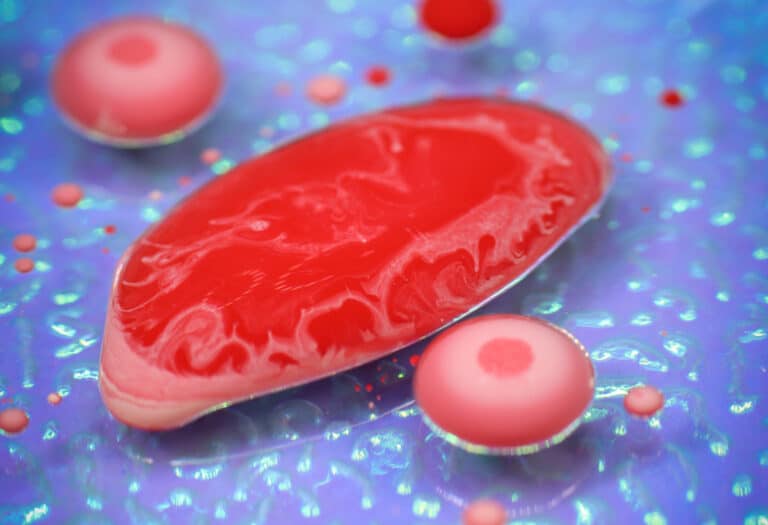England, Scotland and Wales finally lift blood donation ban for gay and bisexual men

Yesterday saw a monumental—and much needed—step in the right direction for the LGBTQ+ community. As of 14 June 2021, more gay and bisexual men will be able to donate blood due to a historic change in legislation in England, Scotland and Wales. Under the new rules, all genders will be asked about their sexual behaviours in a gender-neutral manner. Donors will be allowed to donate their blood if they’ve had the same sexual partner for the last three months, leading gay and bisexual men who are sexually active and in monogamous relationships to be able to legally donate blood for the first time in British history.
The original policy, which disproportionally impinged on LGTBQ+ individuals’ freedom to give blood, was first changed in 2011—allowing gay and bisexual men who hadn’t had sex in the past 12 months to donate blood. Further revisions came in 2017, where gay and bisexual men were allowed to donate if they hadn’t had sex in the past three months—excluding sexually active men in monogamous relationships.
Now, in 2021, individuals can donate blood if they have had the same sexual partner for the last three months. The revisions came into effect 14 June 2021, on World Blood Donor Day, meaning for the first time ever sexually active gay and bisexual men in monogamous relationships can donate potentially life-saving blood and plasma in Britain.
A result of years of LGBTQ+ activism
The changes are thanks to countless LGBTQ+ rights campaigners who have pushed for a fairer policy in relation to blood donation—arguing that the previous policies did not reflect current risk levels. One of the countless activists, Ethan Spibey, founder of FreedomTo Donate, told GAY TIMES, “After many years of campaigning, and working with [the] UK’s blood services, we are delighted that this change is now coming into effect.”
Campaigners like Spibey have welcomed the revision of the policy to a risk-based, individual assessment of a donor instead of an assessment based on a person’s sexuality. The activist also highlighted how this change, which now means England, Scotland and Wales have one of the most progressive blood donation policies in the world, is “thanks to the work of dedicated individuals and charities alongside NHSBT.”
He continued: “The work of the FAIR steering group shows that simply being a man who has sex with men is not a good enough reason to exclude someone from donating blood. For me, this process started after I vowed to repay the donor who saved my grandfather’s life but was prohibited from donating due to my sexuality. But this is more than just about a fairer and more inclusive system, it’s about those who rely on blood, and giving blood literally saves lives. I can’t wait to finally repay that first pint. I would encourage anyone who is able to safely donate blood to register to do so.”
“Excitement dampened” by a “significant barrier” to Black donors in England
Although the changes are welcomed by many in the LGBTQ+ campaigners, the Terrence Higgins Trust also stated that the government’s plan to keep the “discriminatory restriction” in England will negatively and disproportionately impact the donation of blood within black LGBTQ+ communities.
In a statement, the Trust highlighted how the restriction to a three-month deferral period of anyone who has a “partner who has, or you think you may have been, sexually active in parts of the world where HIV/Aids is very common” is still problematic. In particular, because these terms specifically cite “most countries in Africa.”
Chief Executive at Terrence Higgins Trust, Ian Green, argues that “it’s great news that far more gay and bisexual men can safely donate blood from today—but the excitement of that announcement is significantly dampened by another discriminatory question being retained by the government in the blood donation process in England, which presents a significant barrier to black donors, in particular, giving blood.”
“This is despite it being removed in both Scotland and Wales, and the blood service actively encouraging black communities to donate plasma and blood due to shortages,” the charity added. Yes, it’s a step in the right direction for the rights of LGBTQ+ individuals to donate potentially life-saving blood, however, still more needs to be done. Yes, arguments can be made that caution needs to be taken to reduce the spread of HIV and Aids. However, Scotland and Wales have both removed this blatantly discriminatory restriction against black gay and bisexual men, recognising the risk of transmission does not outweigh the cost of discrimination—so, why not England?





